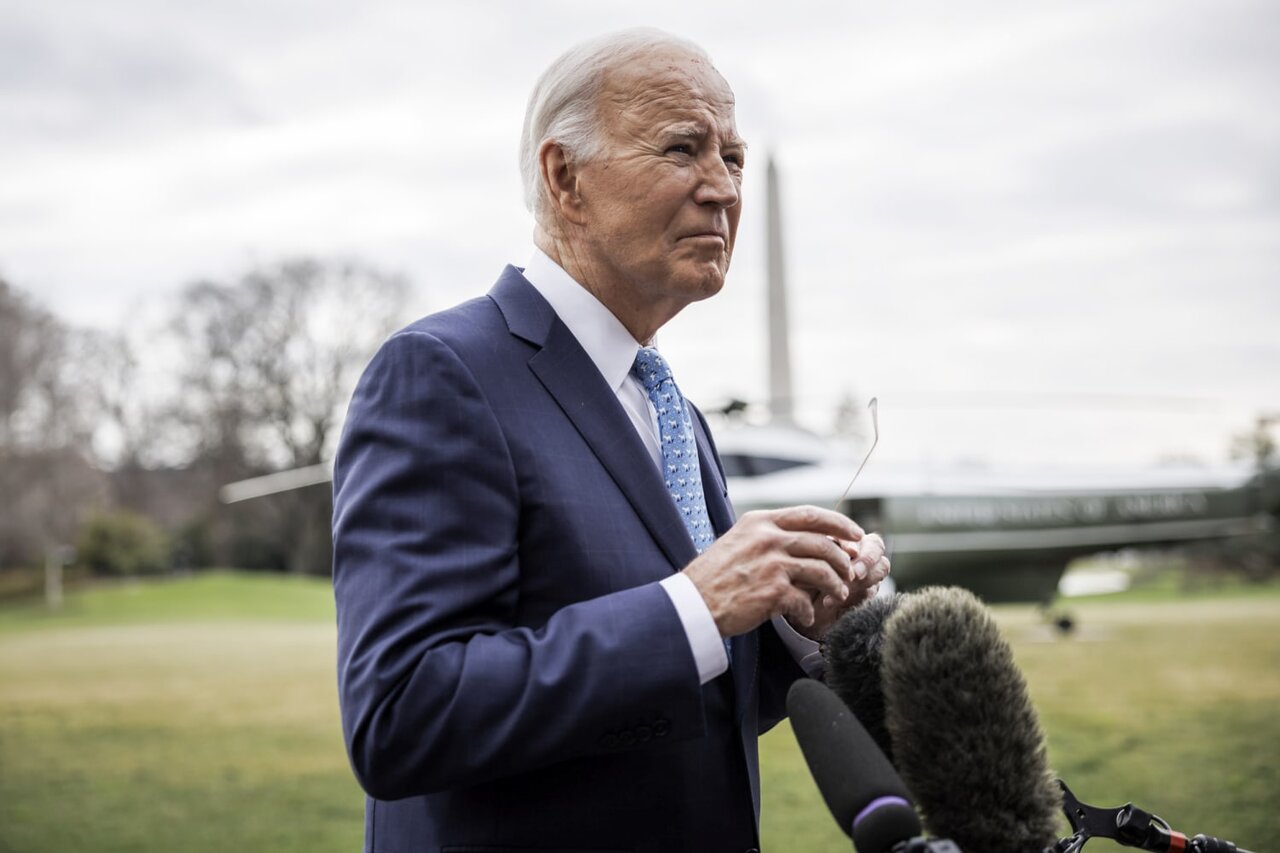American hubris drives Arab allies away

TEHRAN- Abu Dhabi breaks from Washington's alignment with Tel Aviv, prioritizing amicable ties with Tehran amid escalating tensions.
Israel's influence on U.S. foreign policy spells endless disaster in West Asia
Israel's onslaught in the Gaza Strip has not only intensified violence in West Asia but has also entangled the United States in a quagmire of its making.
Washington's blind support for Tel Aviv, spanning political, military, financial, and international realms, has emboldened Israel to pursue its aggressive policies in the occupied Palestinian territories.
From the onset of the Israeli onslaught, the U.S. has stood firmly behind Tel Aviv, providing unequivocal support that extends across various domains. This support, however, comes at a significant cost to Washington's reputation, authority, and sphere of influence in the region.
By aligning itself so closely with Israel's war crimes, the U.S. finds itself increasingly isolated on the global stage.
The indiscriminate bombardment of Gaza and the resulting civilian casualties have drawn widespread condemnation, further tarnishing America's image as a self-proclaimed champion of human rights and international law.
Moreover, Washington's endorsement of Israel's military campaign has strained its relations with key allies and partners. Traditional allies in Europe and West Asia have expressed growing discontent with the U.S.'s perceived acquiescence to Israeli aggression.
The repercussions of Washington's unconditional support for Tel Aviv extend beyond mere diplomatic fallout. The U.S. finds itself entangled in a perpetual cycle of conflict and instability, as its backing of Israel fuels resentment and hostility among the Palestinian population and broader Arab world.
As Washington continues to stand by Tel Aviv, it risks further erosion of its credibility, influence, and moral authority on the world stage.
Erosion of trust: U.S. foreign policy in West Asia
The erosion of trust in the United States on the international stage became glaringly evident with its twice veto of UN resolutions calling for an immediate ceasefire in the Gaza Strip. This action laid bare a growing skepticism towards Washington's commitment to peace and justice in the region.
This skepticism deepened as the U.S. continued to arm and finance Tel Aviv's aggressive campaign in Gaza, despite mounting civilian casualties and international condemnation.
Further isolating itself, Washington's efforts to rally support for a maritime coalition in the Red Sea in December 2023 fell flat, with only its proxy, the UK, offering any significant backing. This lack of international cooperation underscored the diminishing influence of the U.S. in shaping regional security initiatives.
The civilian massacres in Gaza not only drew condemnation from freedom advocates worldwide but also highlighted the complicity of the so-called axis of genocide, comprised of Tel Aviv and Washington.
Domestically, criticism mounted against the Biden administration for its perceived inconsistency in West Asia. Senators, political parties, and American citizens alike voiced concerns over Washington's contradictory actions and policies in the region.
Despite claims of avoiding further entanglement, the Biden administration's unyielding support for the Zionist regime has only deepened U.S. involvement in West Asia. This has resulted in the U.S. facing multiple fronts of conflict in the region, including Yemen, Lebanon, Iraq, and Syria.
The global outcry in support of Palestine has further cornered the U.S. and its politicians, highlighting the growing international consensus against Washington's foreign policy approach. Pro-Palestinian rallies worldwide serve as a testament to the widespread disillusionment with U.S. actions in West Asia.
The isolation of the United States was further underscored by reports from U.S. embassies in the region, which warned of a rising tide of anti-American sentiment. As the ABC television network reported these warnings signal a concerning trend of growing hostility towards the U.S. across the globe.
UAE takes a stand: rethinking support for U.S.
Amidst growing scrutiny of U.S. foreign policy in West Asia, the United Arab Emirates (UAE) has emerged as a notable example of recalibrating its stance.
Recent developments signal a shift away from unquestioning support for Washington's policies, particularly in light of concerns over the consequences of aligning with the "axis of genocide."
According to a report by Politico, the UAE has taken concrete steps to limit U.S. military operations from its soil, including restricting the use of military facilities for retaliatory airstrikes.
This move underscores a broader trend among Arab countries in reevaluating their relationship with the United States.
The report highlights a shift in Arab states' willingness to support U.S. military operations, citing increased scrutiny since October 7. This change reflects a growing reluctance to be seen as complicit in actions that are enabling Israeli war crimes in the region.
Several factors may explain this shift in Arab states' stance towards the U.S.
First, there is a recognition of the rising tide of solidarity among Muslim nations, making it increasingly risky for Arab states to align themselves too closely with Washington's policies.
Second, there is growing awareness of the domestic and international repercussions of siding with Tel Aviv, including the risk of alienating their own populations and facing backlash from other Muslim nations seeking to isolate Israel and its allies.
Third, Iran has long been a steadfast supporter of the oppressed Palestinian people, standing as a pioneer in their defense. However, Abu Dhabi's alignment with Washington poses a significant risk to its neighborly relations with Tehran.
Finally, Arab states may be reconsidering their support for the U.S. in light of the escalating violence and instability in the region, recognizing the risks of entanglement in the aggressive policies of the Israeli regime.
In conclusion, the UAE's decision to reevaluate its support for U.S. foreign policy reflects a broader trend among Arab states toward a more humanitarian, political, and pragmatic approach. As states increasingly prioritize the interests of the oppressed Palestinian people, they are recalibrating their alliances and policies to reflect this evolving reality.
